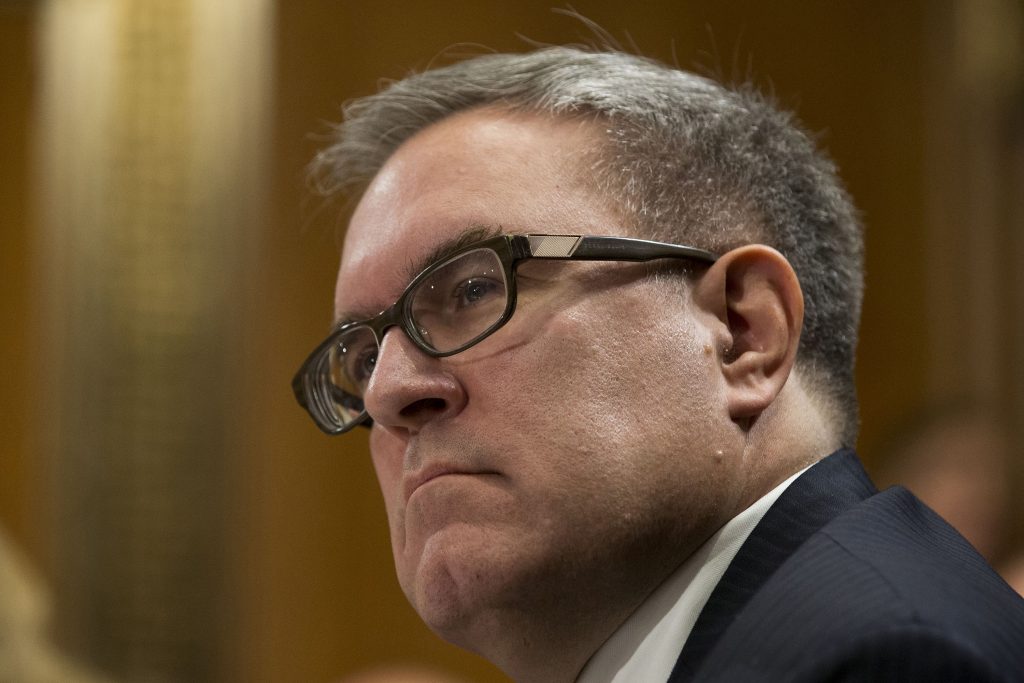If you care about the environment, you know who Scott Pruitt is. He was chosen by President Donald Trump to be the administrator of the EPA after building a career by being one of the most anti-climate politicians in the country.
To make a long story short, he resigned earlier this month after numerous scandals, mostly involving using public money unnecessarily. But this story isn’t about Pruitt. It’s about his successor at the EPA, Andrew Wheeler, and how to stop our environmental policies from going backwards.
Wheeler is a former coal lobbyist with strong ties to climate-change deniers. Basically, if you didn’t like Pruitt, his replacement isn’t any better. There is one big caveat to that assessment: Wheeler doesn’t make outlandish expenditures with taxpayer money and knows how to keep a low profile, unlike his predecessor.
Since taking over on July 9, there hasn’t been much attention to the agency, but not much has changed. As a part of the Trump administration, the EPA’s work to undo progress made in the fight against climate change has been substantial.
Just to name one example, in April, the EPA put a hold on fuel-economy standards for car manufacturers. The original plan, set in place during the Obama administration, was to gradually improve the average fuel economy of a company’s lineup, thereby reducing the polluting gas needed to fuel them.
Over several years, engineers would be able to design better ways to reduce the pollution. But with Trump in the White House, the new EPA has wildly changed direction, saying the long-term plan doesn’t give manufacturers enough time and basically gives them a free pass to give up on this effort. Wheeler has given no sign that he will reverse this air-poisoning decision.
I understand that there are going to be changes when a new party takes control of government: Taxes go up or down, different social issues are favored, foreign relations cool or boil. That’s what happens with a transfer of power. But the environment isn’t flexible like humans are; it needs steady, consistent attention to keep it healthy.
As many others have pointed out, we’re no longer in the phase of climate change of “well, it’s going to be a big problem if we don’t do something.” We’re already at the point where it’s a big problem, and we’re doing little. Cars are melting onto the streets of Greece. Hundreds are dying across the Northern Hemisphere during the current heat wave. Cities that don’t usually flood are flooding all the time all over the world. We can’t sustain ourselves with four or eight years of taking two steps forward only to take one and half steps back with the following presidency.
We need to weatherproof the EPA, not with caulking and geomembranes but with legislation and persistence. We need laws in Congress that make the EPA less vulnerable to the whims of a president and his unelected subordinates. We need judges through our judicial system to strike down efforts to reverse past efforts to combat climate change.
And unlike many other facets of environmental politics, there is some hope with this strategy. On July 26, Wheeler wrote a memo saying limits on high-polluting trucks would no longer be a target of the EPA’s deregulation streak. This came after the U.S. Court of Appeals for the District of Columbia Circuit handed down a decision forcing the EPA to continue the Obama-era policy. We have the game plan for how to create lasting progress; now, we just have to implement it.



